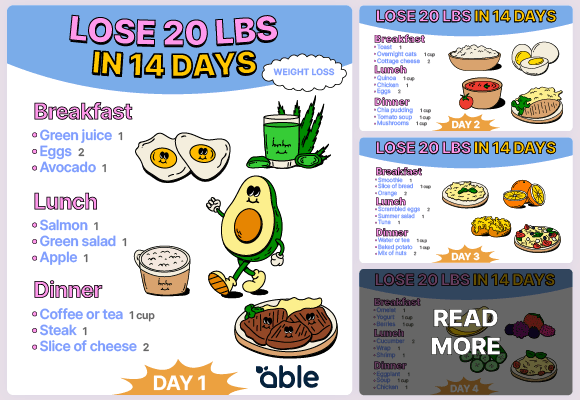Staying fit is a great goal no matter how old you are, but it can get a bit tricky as you get up there in age. You might not be burning calories like you used to, but fear not, shedding those extra pounds is still doable.
The basic rules for dropping weight remain the same:
- Burn more calories than you take in.
- Load up on veggies, fruits, whole grains, fish, beans, and low-fat or fat-free dairy. Keep your meat and poultry on the lean side.
- Cut back on empty calories, like sugars and foods that basically offer zero nutrition.
- Steer clear of those trendy diets because, let’s face it, their results are usually short-lived.
If you’re over 60 and looking to slim down, here are a few more things you need to keep in mind.
Dieting After 60
- Stay Strong
As you age, you lose muscle mass. Counteract this by hitting the weights—whether it’s the machines at the gym, lighter hand weights, or just using your own body weight in activities like yoga or Pilates. Hanging onto your muscle mass is crucial for kicking your calorie burn up a notch, according to Joanna Li, a nutritionist at Foodtrainers in New York.
- Eat More Protein
Given the risk of muscle loss, make sure your diet includes about one gram of protein for every kilogram (2.2 pounds) of body weight. Protein also helps keep you feeling full longer, aiding in your weight loss efforts. Li suggests chowing down on wild salmon, whole eggs, organic whey protein powder, and grass-fed beef.
- Hydrate, Hydrate, Hydrate
Drink plenty of water. Sometimes, your body might be signaling thirst, but it disguises itself as hunger. As you age, you might not be as quick to recognize when you’re thirsty, warns Li. Aim for 64 ounces of water a day, whether you sip it or get some from water-rich foods like cucumbers and tomatoes. And here’s a tip: check the color of your urine—it should be a pale yellow.
- Outsmart Your Metabolism
Opt for more frequent small meals and snacks, and don’t go much longer than 3 hours without eating. Li advises against starving yourself because, let’s be real, your metabolism is already taking its sweet time. You might need fewer calories than your younger self, so it’s wise to consult your doctor or a registered dietitian. “If you’re eating the same way you did when you were 25, you’re definitely going to be gaining,” cautions Li.





















